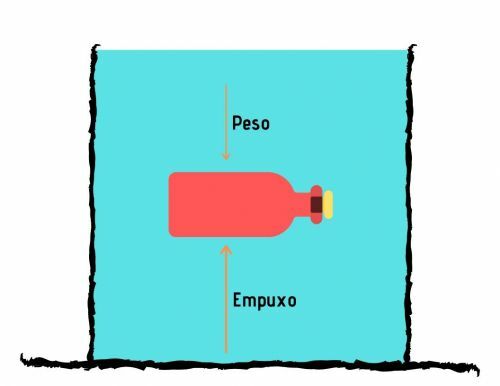Environmental pollution is the result of any type of human action or work capable of causing damage to the environment. It is the introduction into nature of substances that are harmful to human health, to other animals and to the environment itself, which significantly alters the balance of ecosystems.
Some of the "villains" of human health and the main cause of environmental pollution are: a air pollution (burning fossil fuels, soil and water degradation, with the indiscriminate use of pesticides, etc.); The noise pollution; The visual pollution; The nuclear radiation (released by the mills), among others.
Environmental pollution represents the degradation of soil, water and air, which compromises the ability of future generations to meet their own needs.
Humanity depends on the availability of the planet's natural resources, and this difficult reconciliation between the development and sustainability have awakened the world to the progressive reduction of environmental pollution.
Atmospheric pollution
Atmospheric pollution is one of the most serious problems in large cities and also one of the most damaging to human health. Air pollution is the result of the release of huge amounts of gases and particles into the atmosphere, causing the imbalance of existing ones.
The main pollutants released into the atmosphere are:
- Carbon monoxide: product of burning fuels;
- Sulfur dioxide: combustion product of sulfur present in toxic fuels;
- Nitrogen Monoxide and Nitrogen Dioxide: resulting from any combustion occurring in the presence of atmospheric air;
- Lead: which is often added to gasoline to increase octane rating;
- carbon dioxide (CO2): product of any organic matter. Although found naturally in the atmosphere, when released in excess it causes imbalances.
Acid rain, the greenhouse effect, the thermal inversion, the heat island, the destruction of the ozone layer, are some of the consequences of atmospheric air pollution.
Learn more about atmospheric pollution and others types of pollution.
Water pollution
Water pollution is the contamination of the planet's water resources, a real threat to life. Fresh water sources, the most vital for human beings, are the ones that receive the most pollutants. Many places on the planet are at risk of permanently running out of water.
In large urban agglomerations, the problem of water pollution reaches catastrophic proportions, where a multitude of polluting sources, both in the form of domestic sewage and effluents industrial, above the absorption capacity by decomposing organisms and non-biodegradable inorganic residues, many including toxic and cumulative ones are dumped in rivers, lakes and oceans.
The pollution of the water table, which is underground water, with pesticides used in agriculture and with the slurry from landfills is also an ecological tragedy, which causes the pollution of water sources.
See also
- Pollution
- Carbon dioxide
- Environmental sanitation
- environmental licensing



